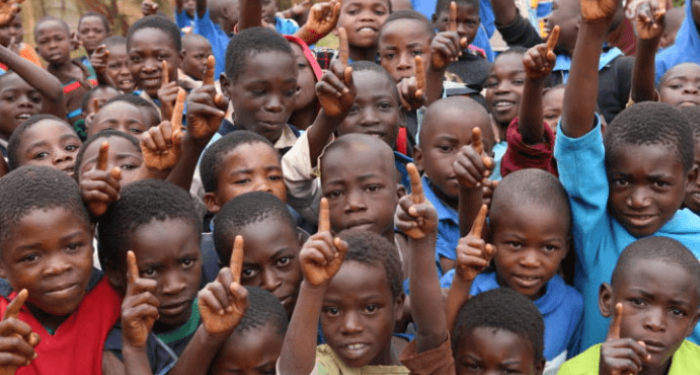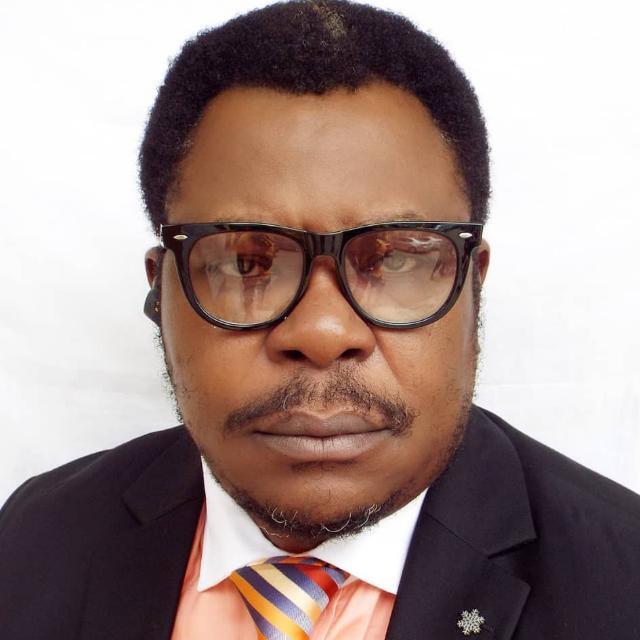Nigeria’s education sector has received a boost as the Oando Foundation announced the successful enrollment of over 5,162 out-of-school children into public schools while distributing more than 2,000 back-to-school kits. The achievement comes alongside new reports highlighting how targeted interventions can improve literacy and numeracy in primary schools.
The Foundation unveiled two reports in Abuja showcasing the impact of Early Grade Reading (EGR) and Teaching at the Right Level (TaRL) in improving foundational skills among pupils. These interventions were tested under the pilot phase of its Foundational Learning Improvement Programme, also known as LEARNOVATE–FLIP, across schools in Ebonyi, Plateau, Sokoto, and Adamawa States.
The programme combined preventive and remedial methods to strengthen literacy and numeracy, enhance teacher training, deploy culturally relevant assessment tools, and build stronger school support systems. Results from the pilot indicate that evidence-based teaching methods, when scaled, could play a key role in reversing Nigeria’s learning crisis.
Oando Foundation emphasised that systemic change will require collaboration between government, private sector partners, and local communities. The newly launched reports are intended to guide strategies for policy adoption, financing, and sustainable stakeholder partnerships.
The Foundation also stressed that improving teacher capacity and integrating innovative models like EGR and TaRL into public education systems could provide lasting benefits for Nigerian children, particularly those at risk of dropping out or falling behind.
Nigeria still faces millions of out-of-school children and even more pupils who attend school without mastering basic reading and arithmetic. Development experts at the event pointed out that this challenge threatens not only individual futures but also the country’s economic growth. Strong foundational skills are directly linked to better life outcomes, workforce readiness, and long-term national development.
Stakeholders from the Federal Ministry of Education reaffirmed that literacy and numeracy form the bedrock of progress. Without addressing these gaps, Nigeria risks leaving an entire generation unprepared for the opportunities of tomorrow.
Since 2011, Oando Foundation has worked to expand access to quality education by building schools, training teachers, and piloting innovative solutions to improve learning outcomes. With LEARNOVATE–FLIP showing promising results, the next challenge is scaling these models nationwide to ensure that every Nigerian child has the chance to learn, grow, and succeed.










